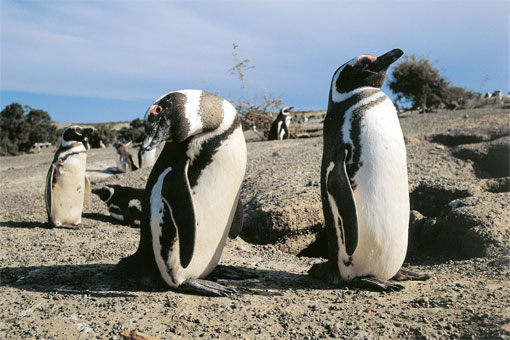Since the time of the Conquest, conservation has taken a backseat to empire, nation-building and economic growth. The results are evident today in fragmented ecosystems, displaced communities, lost biodiversity, and altered watersheds. The toll taken by the rubber boom, for example, can be tracked a century later in the impact on species, human populations, and the infectious diseases in the Putumayo-—scars left behind by the human rush into the Amazon.
Prudent use of the hemisphere’s primary products—agriculture, fisheries, forestry, and mining—will remain important to Latin America’s global economic strategy. But it’s not our grandparents’ hemisphere any more. In just one generation, the region has demonstrated its capacity to move beyond simple resource exploitation to a broader strategy that has modernized nearly every economy. Those who predict that the twenty-first century belongs to Asia should look more closely at our hemisphere, which may have the best institutional base of any emerging market region for taking advantage of the next economic expansion.
But now more than ever, we need to keep in mind the costs of such development on the hemisphere’s environment. Growing Latin American economies will put great pressure on existing natural resources, including energy and energy infrastructure. Carbon dioxide and other atmospheric trace gas emissions will increase, affecting the hemisphere’s parks and protected areas, which are already threatened by climate change.
Yet public policy has not evolved to respond to these new pressures. Current policy in most Latin American nations continues to borrow from economic growth models of the past, such as import-substitution, export-led growth, economic nationalism, grandiose public works projects, growth without equity, and unsustainable resource extraction in the primary sector…





